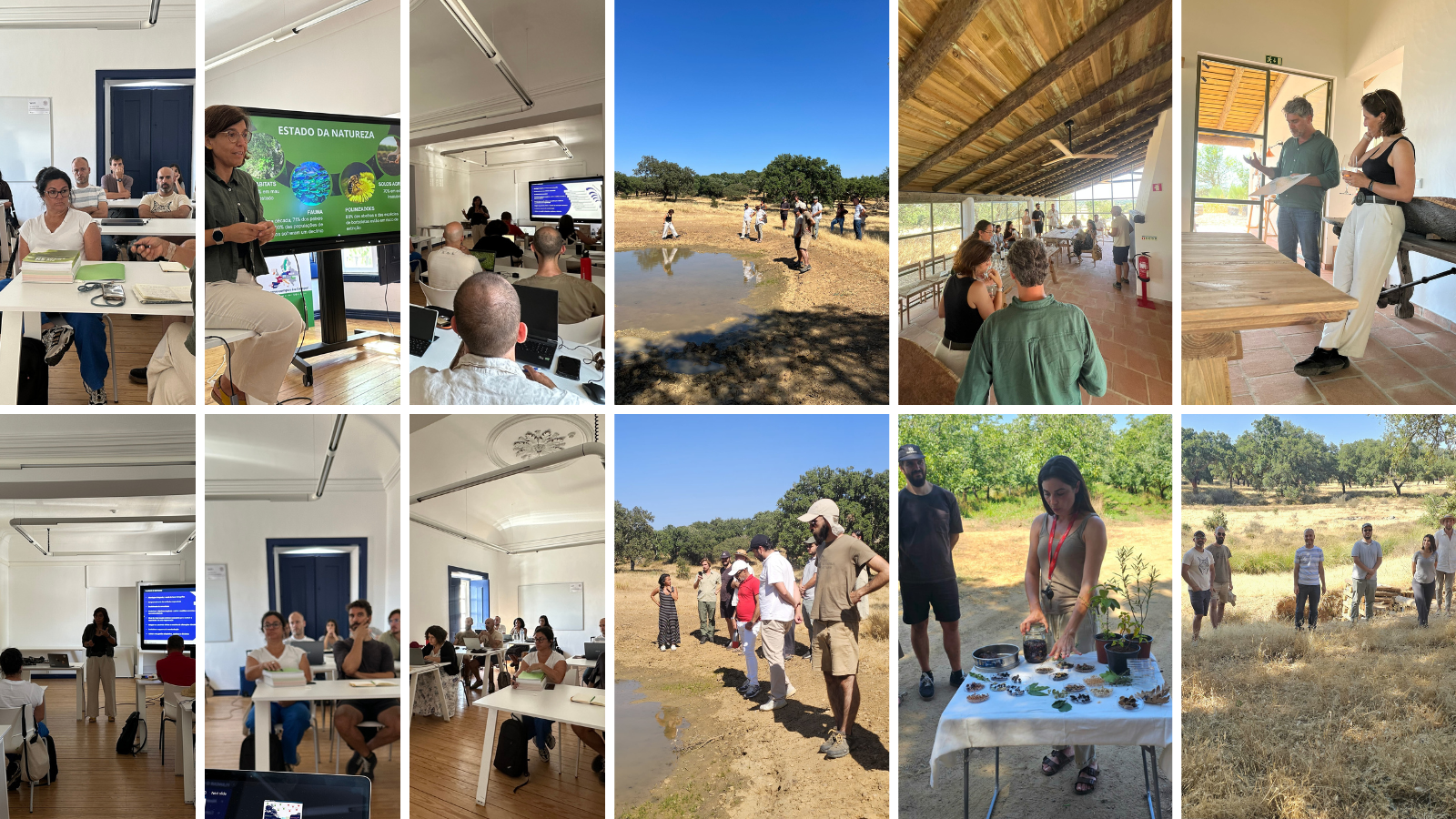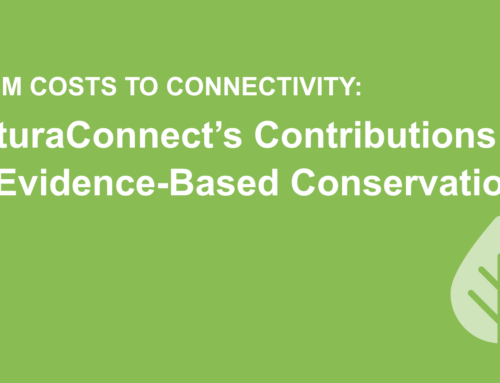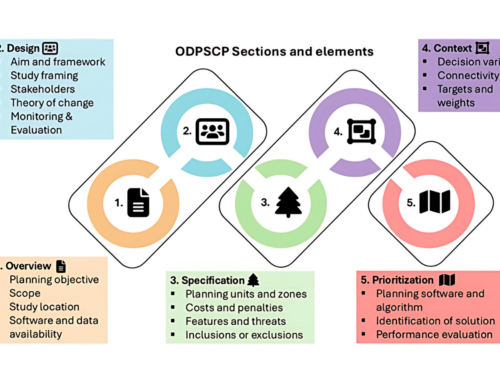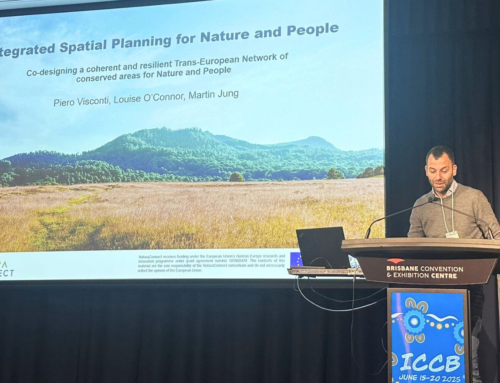Portugal: Building capacity of nature conservation and spatial planning professionals
The NaturaConnect project hosted three intensive training courses in Portugal from July 14 to 16, 2025. Organised and hosted by Évora University, lead of the Portuguese Case Study, the courses targeted national professionals working in nature and biodiversity conservation, spatial planning, and land management.
The aim was to equip participants with the knowledge and skills necessary to meet the targets of the EU Biodiversity Strategy for 2030 and address the challenges of the Nature Restoration Law. The lack of technical capacity was one of the main challenges identified by NaturaConnect.PT Think Tank in its inaugural session, in November 2023.
The courses were delivered in Portuguese to 50 professionals from the public administration, NGOs, and the private sector. Participants from national agencies represented both the national level, related to nature conservation, environment, and protected area management, as well as regional and local authorities.
From theory to practice
Each full-day course included theoretical sessions alongside practical activities, such as group exercises, debates, and field visits. Each training session had a maximum of 18 participants to promote intersectoral dialogue and sharing of experiences.
The sessions provided professionals with a valuable opportunity to deepen their expertise and engage in discussions that shape the future of nature conservation across Europe.
14 July – Systematic Conservation Planning
Miguel Bastos Araújo and Diogo Alagador from the University of Évora introduced systematic conservation planning. Participants learned methods to identify priority conservation areas and design effective protected area networks, integrating ecological and socio-economic indicators, as well as climate change scenarios.
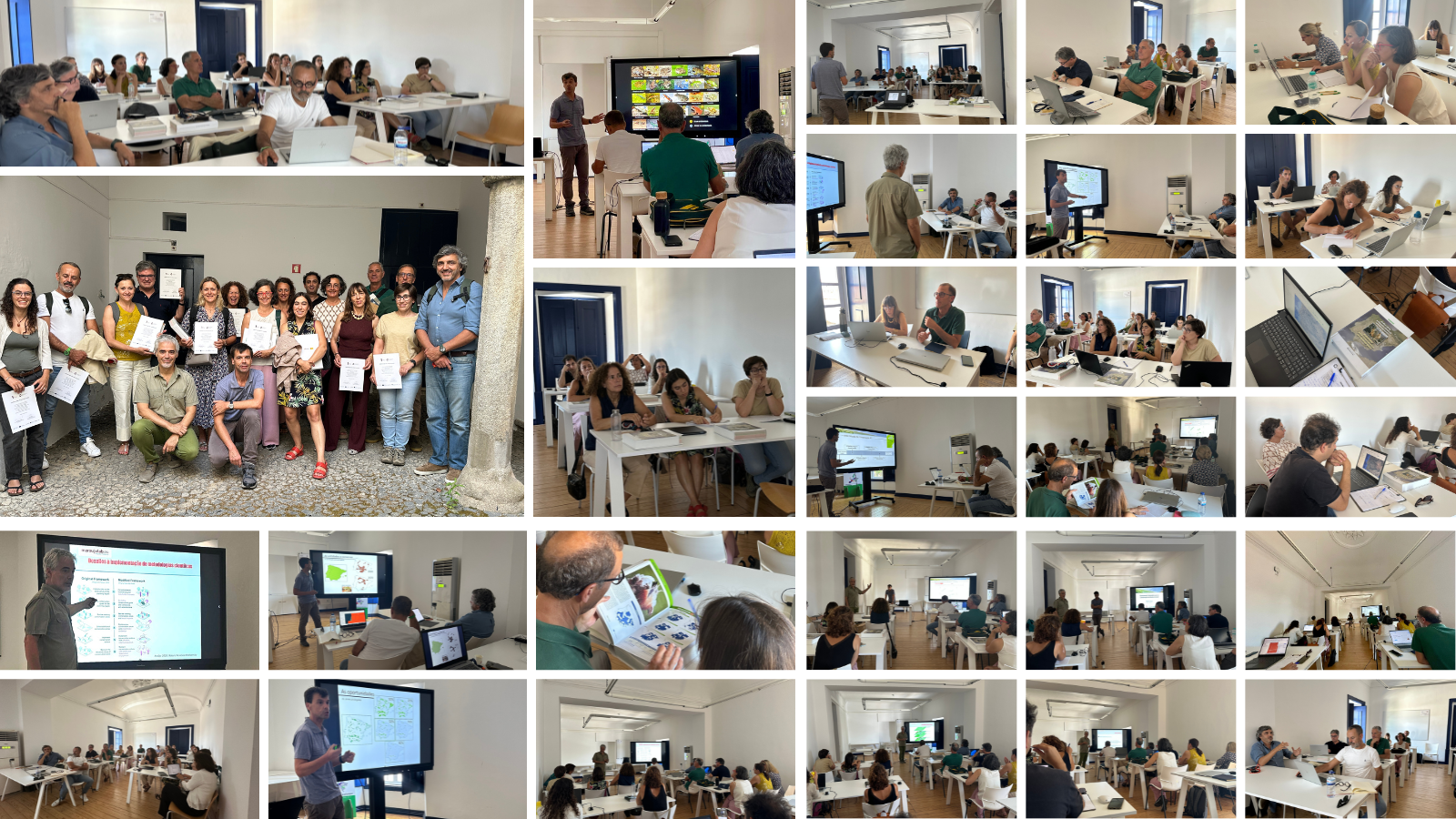
15 July – Active and Adaptive Management of Protected Areas: Co-management 2.0
Rosário Oliveira from the Institute of Social Sciences, University of Lisbon, led the course, examining current co-management models and exploring ways for active and adaptive management of protected areas. A panel comprising experts from public administration, ICNF, the farming sector, NGOs, and academia helped participants ideate a new governance model.
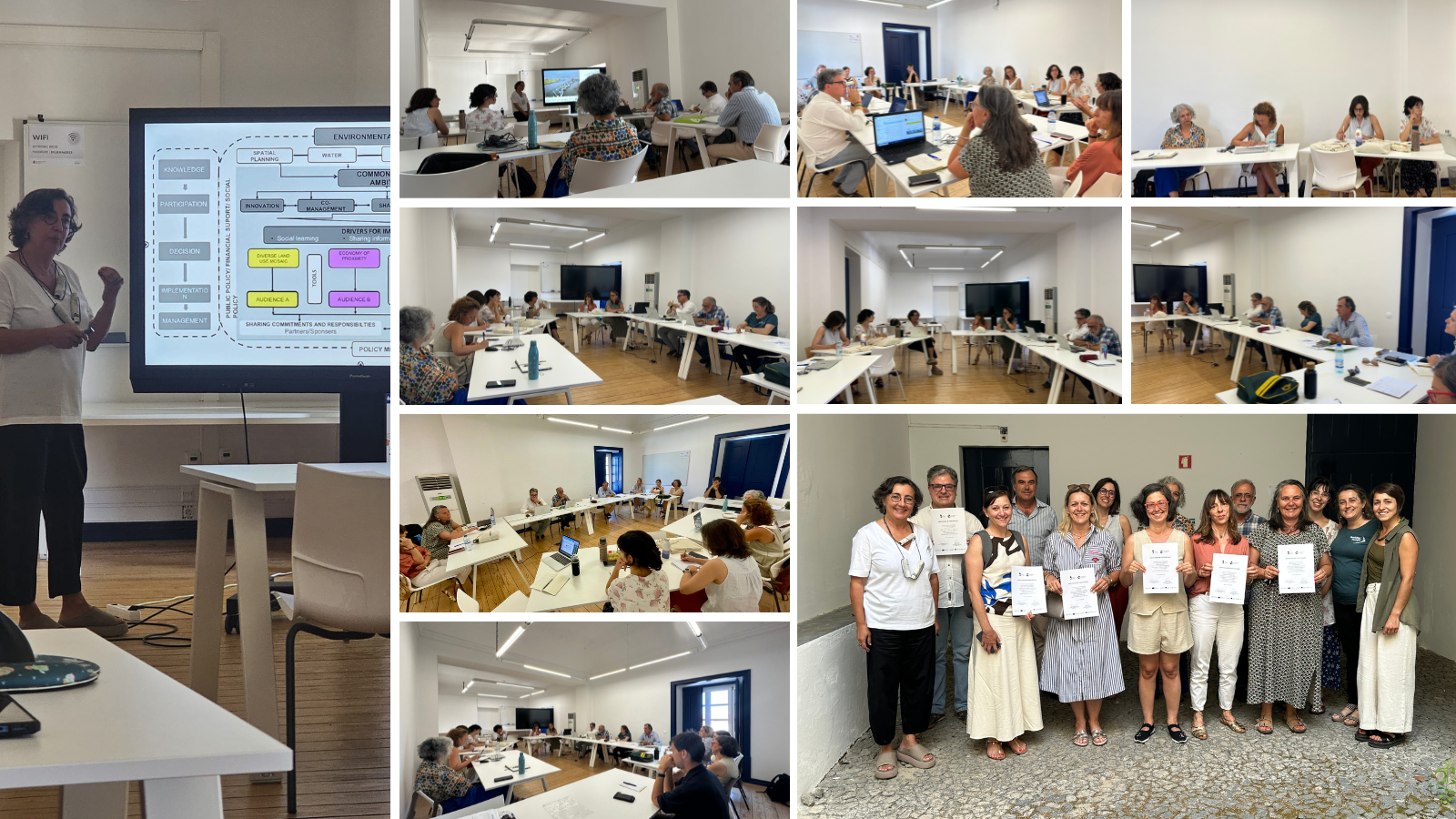
16 July – Nature Restoration
Carla Pinto-Cruz from the MED Institute at the University of Évora focused on the EU Nature Restoration Law. Participants learned about restoration concepts and legal obligations. They had the opportunity to learn in situ through a field visit to Tapada de Coelheiros, where they observed pilot restoration actions aimed at recovering habitats and enhancing biodiversity in agricultural landscapes.
